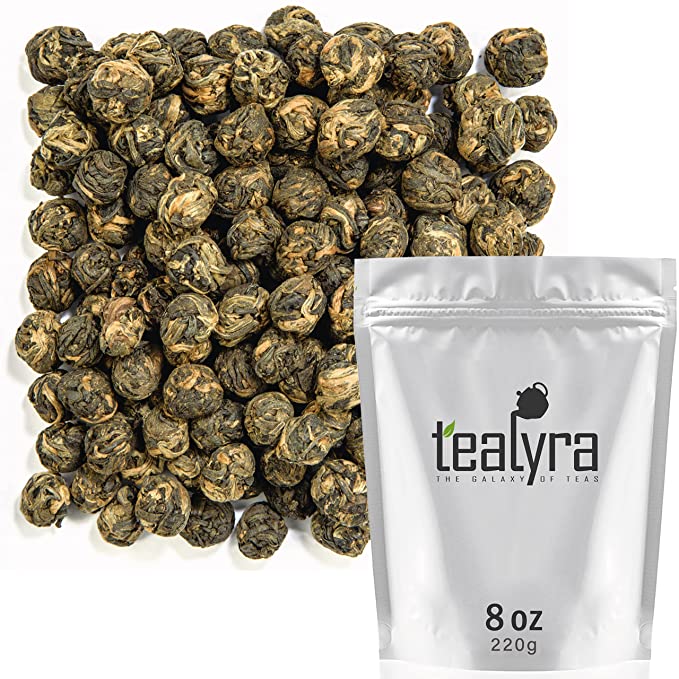Coffee and tea are two of the most popular beverages in the world. Both come from plants – coffee from coffee beans and tea from tea leaves – and both can be enjoyed hot or cold. But what is the difference between these two drinks? In this blog post, we’ll take a closer look at coffee and tea to find out what makes them different. We’ll compare their origins, taste, health benefits, and more. So whether you’re a coffee lover or a tea enthusiast, read on to learn more about your favorite drink.
The history of coffee and tea
Coffee and tea are two of the most popular drinks in the world. Both coffee and tea have a long history, dating back centuries.
Coffee is believed to have originated in Ethiopia, where it was first discovered by goats who ate the coffee berries. The coffee beans were then roasted and brewed, creating the first cup of coffee. Coffee quickly spread to other parts of the world, becoming a popular drink in Europe and the Americas.
Tea also has a long history, dating back to ancient China. Tea was first used as a medicinal drink, but eventually became a popular beverage for all classes of people. Tea spread to other parts of Asia and eventually to Europe and the Americas.
Today, coffee and tea are enjoyed by people all over the world. While both beverages have a long history, they each have their own unique flavor and benefits.
The difference in caffeine content
There is a big difference in caffeine content between coffee and tea. Coffee has much more caffeine than tea. A cup of coffee can have up to 150mg of caffeine, while a cup of tea has only about 40mg of caffeine. That means that coffee has about 3-5 times more caffeine than tea.
How the caffeine affects people?
Caffeine affects people differently. Some people are very sensitive to caffeine and can’t drink more than one cup of coffee a day. Other people can drink several cups of coffee a day and not feel any effects.
The effects of caffeine depend on how much you drink, how often you drink it, and how sensitive you are to caffeine. Caffeine can cause insomnia, anxiety, and restlessness. It can also cause an increase in heart rate and blood pressure. Caffeine is also a diuretic, which means it makes you urinate more often.
How long the effects last
Caffeine stays in your system for about 6 hours. That means that if you drink a cup of coffee at 8am, the caffeine will be out of your system by 2pm.
Some people feel more alert after drinking coffee, while others feel more relaxed after drinking tea. It all depends on how sensitive you are to caffeine.
How much caffeine is too much?
Most healthy adults can safely consume up to 400mg of caffeine per day. However, pregnant women and people with certain medical conditions should limit their caffeine intake.
The different brewing methods
Coffee and tea are two of the most popular beverages in the world. Both coffee and tea have unique brewing methods that result in different flavors and aromas.
The most common brewing method for coffee is drip brewing. Drip brewing involves pouring hot water over ground coffee beans, which extracts the coffee’s flavor and aroma. This method can be performed using a variety of devices, including automatic drip coffee makers, french presses, and pour-over coffee makers.
Tea, on the other hand, is typically brewed by steeping loose tea leaves or tea bags in hot water. This allows the water to extract the tea’s flavor and aroma. The length of time that the tea is steeped will determine its strength. Tea can also be brewed using a variety of devices, including teapots, electric kettles, and infusers.
The different taste profiles
The different taste profiles of coffee and tea are quite distinct. Coffee has a bit more of a bitterness to it, while tea is smoother and sweeter. This is due to the different types of beans and leaves that are used to make each beverage.
Coffee beans are roasted, which gives them their signature flavor, while tea leaves are simply dried and then brewed. The brewing process also contributes to the final taste of the drink.
The different health benefits
Coffee and tea have different health benefits as well. Coffee is known to be a great source of antioxidants, which can help to protect your cells from damage. It’s also been shown to boost your metabolism and help you burn fat.
Tea, on the other hand, is full of nutrients like vitamins C and E, which can help to improve your immune system. It’s also been shown to lower your risk of heart disease and some types of cancer.
The bottom line
Coffee and tea are both delicious drinks that offer different taste profiles and health benefits. If you’re trying to decide which one to drink, it really comes down to personal preference.
Conclusion
As you can see, there are a few key differences between coffee and tea. Coffee is made from roasted beans and has more caffeine than tea. Tea is made from leaves and has less caffeine than coffee.
Both drinks can be enjoyed hot or cold, but coffee is typically served hot while tea can be served iced as well. When it comes to taste, coffee is often described as being bitter while tea can be sweet or grassy. Ultimately, it comes down to personal preference when deciding which drink to enjoy.



